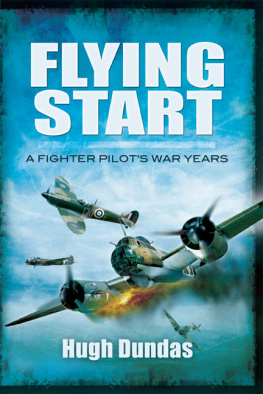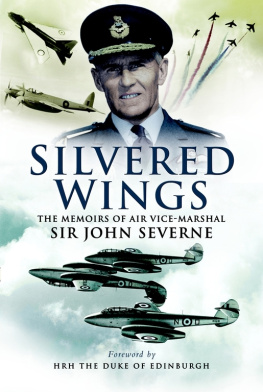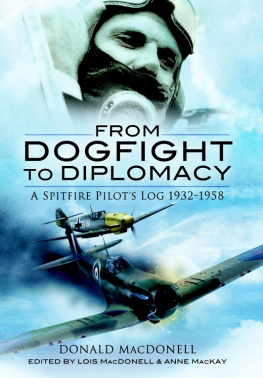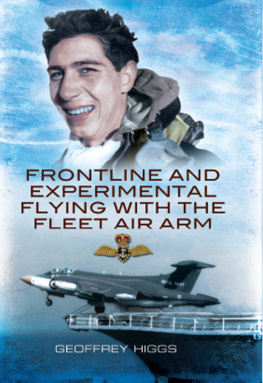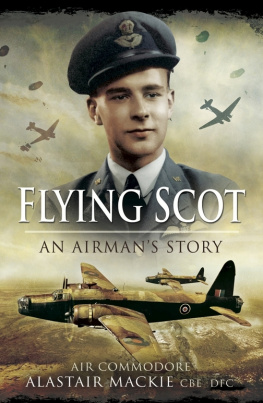O NE OF T HE F EW
O NE OF T HE F EW
Describing the experiences of Ted Shippy
Shipman, who called his part in the
Battle of Britain my gentle battle
By
John Shipman
First published in Great Britain in 2008
and reprinted in 2020 by
Pen and Sword Aviation
an imprint of
Pen & Sword Books Ltd
47 Church Street
Barnsley
South Yorkshire
S70 2AS
Copyright John Shipman, 2008
ISBN 978-1-52678-445-2
eISBN 978-1-78159-910-5
Mobi ISBN 978-1-78159-911-2
The right of John Shipman to be identified as Author of this Work has been asserted by him in accordance with the Copyright, Designs and Patents Act 1988.
A CIP catalogue record for this book is available from the British Library.
All rights reserved. No part of this book may be reproduced or transmitted in any form or by any means, electronic or mechanical including photocopying, recording or by any information storage and retrieval system, without permission from the Publisher in writing.
Pen & Sword Books Ltd incorporates the Imprints of Pen & Sword Aviation,
Pen & Sword Maritime, Pen & Sword Military, Wharncliffe Local History, Pen & Sword Select, Pen & Sword Military Classics and Leo Cooper.
For a complete list of Pen & Sword titles please contact
PEN & SWORD BOOKS LIMITED
47 Church Street, Barnsley, South Yorkshire, S70 2AS, England
E-mail:
Website: www.pen-and-sword.co.uk
This book is dedicated to all the men and
women who took part in the Battle of
Britain in the air and on the ground,
and especially those who were killed
in action.
Contents
Preface
It has been a pleasure, an honour and a big learning experience to compile this book, which originated from some notes, a typed text (which was not originally intended for publication) and a collection of carefully labelled photographs and other artefacts left to me by my father. I have decided to retain the style of the original text but I have taken the liberty of adding some further notes and pieces of information which I hope will help to complete the picture. The reader will remember that these are Ted Shippy Shipmans notes which describe his experiences during the early part of the Second World War and the crucial Battle of Britain and afterwards in the Cold War and then up to retirement.
The notes that were used as a basis for this book were written in the 1970s with the intention of recording some of the events in the Royal Air Force which might be of interest to others in the future. Ted Shipman was not the type of man to spin a yarn or to impress people with stories of wartime exploits and other achievements. He preferred to reflect on the past and in his modest way think that sometime in the future these notes might shed some light on how life used to be. Ted Shipman was not one to force his ideas or experiences on other people, and he was for ever mindful that to young people the past might be boring or not wholly relevant. His far-sightedness to record many recollections, with prompting and encouragement, has enabled the reader to benefit from these experiences. Quietly, over the months, Ted penned his notes in longhand, and finally the notes were typed up by Margaret Shipman.
Much later, in 2006 and 2007, the notes were married up with some relevant pictures and additional information in order to compile the text you now see. Ted Shipmans plain, no-nonsense narrative style has been retained and left as it was as much as possible.
JMS
2008
Acknowledgements
Special thanks go to Margaret Shipman for typing the first text from Teds longhand notes. Individual pictures and drawings are credited thus [ ] where known. Endnotes identify the source of material and provide further information.
Additional material has been provided from a number of sources, and thanks go to the following persons in particular:
Bill Norman
Chris Goss
Dan Johnson
Eleanor Collins
Hans Kettling
Norman Spence
Philip Harvey
R.W. Wally Wallens
Steve Brew
My apologies to anyone who has contributed material or information and has not been fully credited.
Further information may be obtained from John Shipman,
3 Old Mill Close, Langford, Biggleswade,
Bedfordshire SG18 9QY. Tel: 01462 700650
Introduction
When I left my fathers farm in 1930 to enlist in the Royal Air Force as an aircraftsman second class (AC2) for eight years it could not be foreseen that I would serve almost thirty years in the RAF. Neither would it be imagined that I would fly for thirteen years as a pilot in nearly forty different types of aircraft, achieve the highest grade of a flying instructor and retire as a wing commander decorated with the Air Force Cross. Although my prospects on the farm were poor for economic and family reasons, my decision to go into the Royal Air Force was fostered by my long and increasing interest in aeroplanes and their activities, especially from nearby aerodromes. However, I came to regret that I did not join as an apprentice at Halton, but I didnt, so I missed that opportunity and the benefits it might have offered.
Life in the Royal Air Force was varied, interesting and challenging. Of course there were disappointments but also opportunities to be taken and achievements to attain. I count myself lucky to have served my country in a wide variety of experiences, meeting and working with people of position and character, Royalty, chiefs of staff, commanders-in-chief and many other officers and individuals who made my service the more memorable.
C HAPTER 1
Taking the Plunge: Enlistment
On 26 May 1930 I left home for London and the RAF. Naturally my feelings were mixed, but they improved as time passed. The recollections of West Drayton are few. It was the Reception Centre where the new boys were arriving in ones and twos, a wide crosssection of individuals, two Scots, a Welshman, a lad from Colne in Lancashire, Jim Berry, who was a close friend for years, several Brummies, and Dizzy Baker.
One scene at West Drayton remembered clearly was the attestation, the swearing-in and taking the oath of allegiance. This was done on the Bible, of course. One man, a Jew, did not use the Bible.
T HE DEPOT AT U XBRIDGE
After about a week at West Drayton we were bundled into a lorry and taken to the recruit training school at Uxbridge. Fatigues figured prominently in the first few weeks. The worst were potato peeling and washing greasy tins in the airmens mess. Without exaggeration some of the food at times took some facing, even by a really hungry recruit.


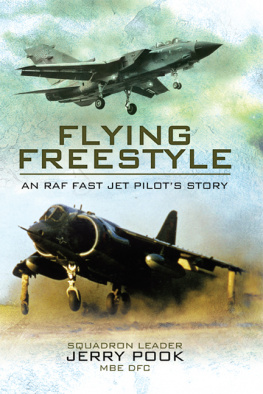
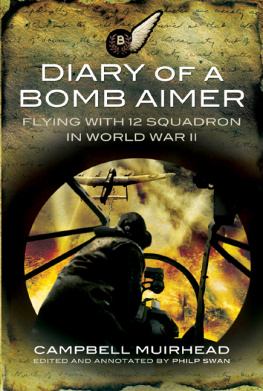
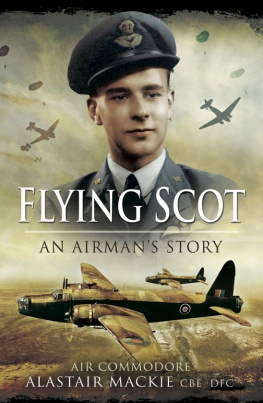
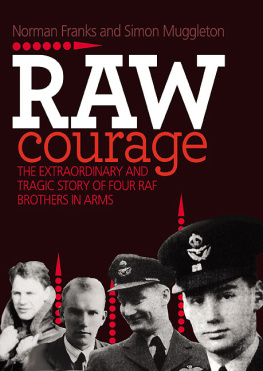
![Bar Wing Commander Guy P. Gibson VC DSO - Enemy Coast Ahead [Illustrated Edition]](/uploads/posts/book/180257/thumbs/bar-wing-commander-guy-p-gibson-vc-dso-enemy.jpg)
